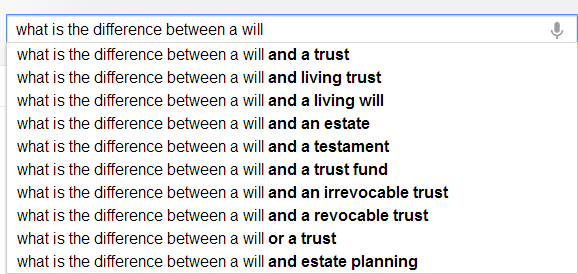A simple way to increase your income without increasing your fees is to offer a premium version of your legal services.
If your basic service is $2500, you might offer a deluxe package for $2950 which allows clients to get additional services they will probably need down the line. They can get everything taken care of all at once and save a few bucks.
What options, extras, or “nice to have” additional services could you offer to new clients? The best time to present these extras is at the initial engagement when they are in a buying mood. They see that it’s “only a few hundred dollars more” and it’s an easier decision than if you went back to them later.
Having a deluxe version also allows you to offer prospective clients a choice between the two versions, which is better than offering them a choice between hiring you or not. No matter which version they choose, you have a new client.
You can create a deluxe version of your services by adding something to what you ordinarily do. Or, you can leave out something you ordinarily do and call that your basic package. So, if you ordinarily do A, B, C, and D, your basic package would now be A, B, and C and your deluxe package would include everything.
You could also create a deluxe package by including services from another lawyer. For example, your basic version may be a business start up package and your deluxe package might include an employee manual produced by an employment lawyer. If you are an estate planning lawyer, your deluxe package might include a mini-plan from a financial planner you work with.
A deluxe package doesn’t necessarily have to include additional services, however. It might be a higher level of service–quicker turnaround or priority handling, for example.
Offering a premium version of your services is a simple way to increase your income. Even if only a small percentage of clients opt for it, you come out ahead.
The Attorney Marketing Formula: The 6 Keys to Higher Income. Click here to learn more.








